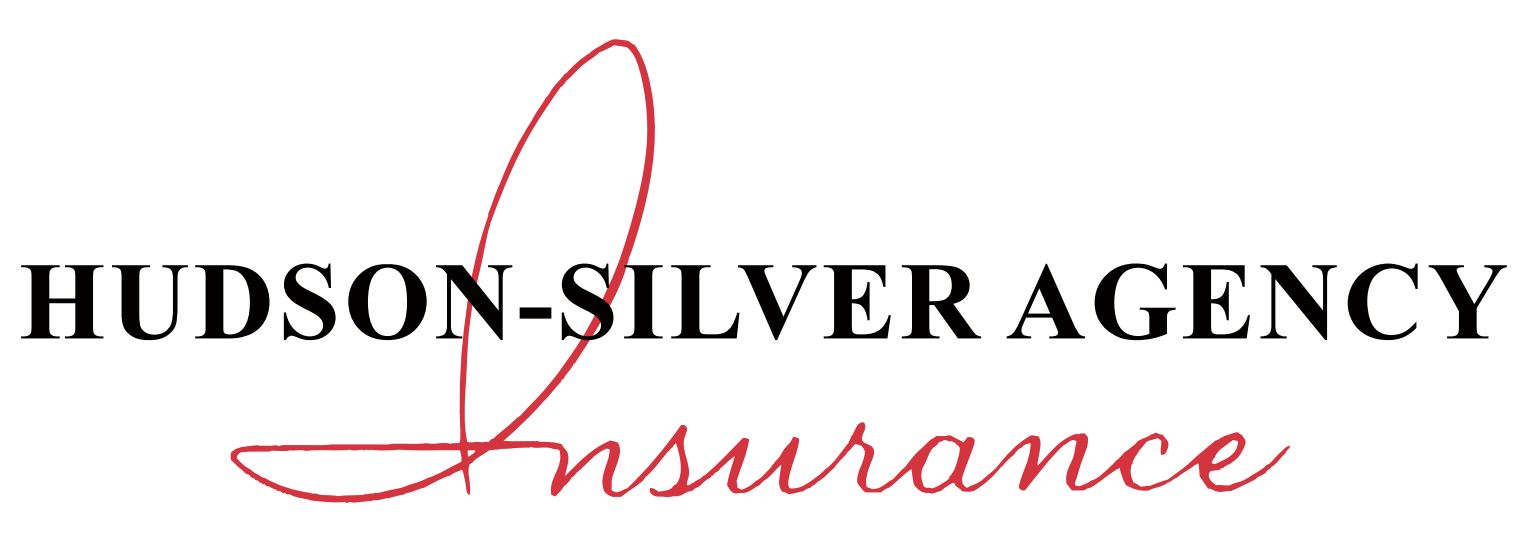Cyber Coverage
Cyber Lines
A traditional business liability policy is unlikely to protect against most cyber exposures. Standard commercial policies are written to insure against injury or physical loss and do little to shield you from electronic damages and the associated costs they may incur.
Exposures include: data breaches, business interruption, cyber extortion, forensic support, intellectual property rights, damages to a third-party system, system failure and legal support. Awareness of the potential cyber liabilities your company faces is essential to managing risk through proper coverage.

What does cyber liability cover?
Cyber liability insurance policies are tailored to meet your company’s specific needs and can offer a number of important benefits. Possible exposures covered by a typical cyber liability policy may include the following:
Blank
Your content goes here. Edit or remove this text inline or in the module Content settings. You can also style every aspect of this content in the module Design settings and even apply custom CSS to this text in the module Advanced settings.
Cost of Notification
Increased government regulations have placed more responsibility on companies to protect clients’ personal information. In the event of a breach, notification of the affected parties is now required by law. This will add to costs that will also include security fixes, identity theft protection for the affected and protection from possible legal action.
Business interruption
If your primary business operations require the use of computer systems, a disaster that cripples your ability to transmit data could cause you, or a third party that depends on your services, to lose potential revenue. From a server failure to a data breach, such an incident can affect your day-to-day operations.
Cyber extortion
Hackers can hijack websites, networks and stored data, denying access to you or your customers. They often demand money to restore your systems to working order. This can cause a temporary loss of revenue plus generate costs associated with paying the hacker’s demands or rebuilding if damage is done.
Forensic support
Following a cyber attack, your organization will have to investigate to determine the extent of the reach and what led to it. The right policy can reimburse the insured for costs related to forensics and seeking out expert advice. Additionally, some policies can provide 24/7 support from cyber specialists, which is especially useful following a hack or data breach.
Intellectual property rights
Your company’s online presence, whether it be through a corporate website, blogs or social media, opens you up to some of the same exposures faced by publishers. This can include libel, copyright or trademark infringement and defamation, among other things.
Damages to a third-party system
If an email sent from your server has a virus that crashes the system of a customer, or the software your company distributes fails, resulting in a loss for a third party, you could be held liable for the damages.
System failure
A natural disaster, malicious activity or fire could all cause physical damages that could result in data or code loss. While the physical damages to your system hardware would be covered under your existing business liability policy, data or code loss due to the incident would not be.
Legal Support
In the wake of a cyber incident, businesses often seek legal assistance. This assistance can be costly. Cyber liability insurance can help businesses afford proper legal work following a cyber attack.
Questions For Our Agency
Click here to get commercial insurance before heading out. Hudson-Silver Insurance Agency in Shreveport, LA, can help you find the right coverage.

